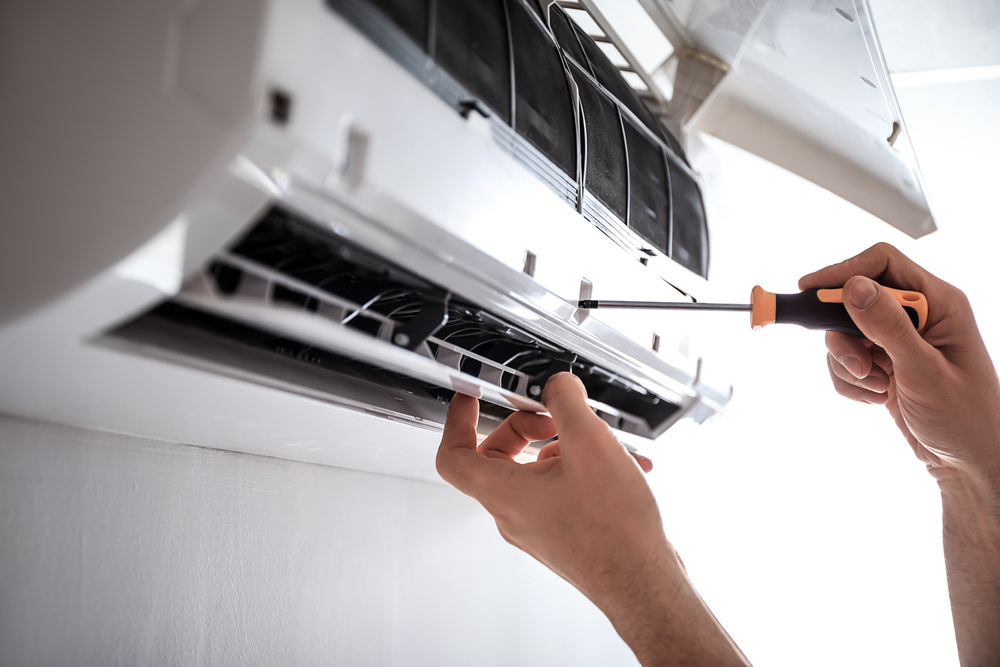Call or Text
801-438-4793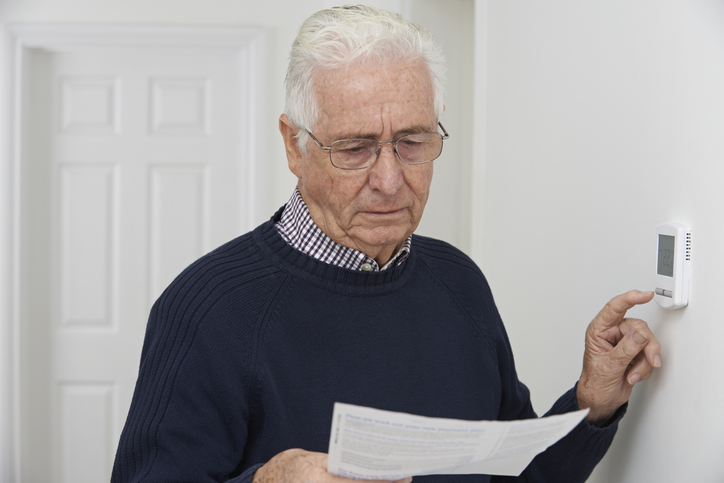
How to Save On Your Heating Bill During Winter
February 10, 2025
By Todd Jameson, Superior Water & Air
As temperatures drop, heating bills can climb. Following simple strategies can reduce your heating costs while keeping your home comfortable. Maintaining your HVAC system, improving insulation, and conserving energy will keep you cozy without breaking the bank. Let’s go over some advice on how you can save on heating costs.
Smart Strategies to Save on Heating Costs
Saving on heating costs starts with smart, proactive steps to keep warm air inside and energy usage low. Here’s some quick strategies to start:
- Improved insulation will reduce heat loss and improve your home’s efficiency.
- Maintaining your HVAC system to ensure it’s working properly and not wasting energy is also essential.
Combining simple adjustments with routine maintenance improves energy efficiency and reduces heating costs.
Seal Drafts and Improve Insulation
Poor insulation and air leaks can drive up your heating bills. Start by checking your attic. Heat often rises and escapes through poorly ventilated or insulated spaces. Attic insulation keeps your home warm and prevents problems like ice dams. These occur when trapped heat melts snow that refreezes on your roof.
Seal gaps around doors and windows using caulk or weatherstripping to prevent drafts. Also, consider upgrading single-pane windows to double-pane ones for better insulation. These improvements can make a noticeable difference in your comfort and heating costs.
Use a Programmable or Smart Thermostat
A programmable or smart thermostat can make saving on heating costs easier. These devices let you set specific temperature schedules for different times of the day. For example, you can lower the temperature while asleep or at work. You can set it to warm again just before you wake up or return home.
Smart thermostats take it further by learning your habits and adjusting automatically to keep you comfortable. They also maximize energy efficiency. Only heating your home when needed lets you avoid wasting energy and cuts heating costs.
Schedule Regular HVAC Maintenance
Your furnace works hard all winter. Regular maintenance is a must to keep it running efficiently. An annual HVAC inspection ensures everything is running well. These inspections also cover burners and the heat exchanger.
Replacing air filters every 1-3 months is another simple way to improve efficiency and keep your indoor air cleaner. Call a trusted HVAC professional to perform a tune-up if you’re unsure how to check the system.
These steps will extend the lifespan of your furnace, prevent costly breakdowns, and ensure your heating system uses energy effectively.
Optimize Your Heating System Usage
Using your heating system efficiently can cut heating costs while keeping your home comfortable. Simple adjustments like turning the heat down when you’re not home can go a long way.
Maintaining your heating system is another way to save money on heating costs. Ensure heat isn’t wasted in unused rooms, and use features like fans or ducts to circulate warm air more effectively.
Turn the Heat Down at Night or When Away
One of the easiest ways to save on heating is to lower the temperature when you don’t need it. Turning your thermostat down by 7-10°F while sleeping or away from home can reduce energy use.
A programmable or smart thermostat automatically makes these adjustments, making it even easier to save without sacrificing comfort. You can also layer up with warm blankets at night to stay cozy. This small change adds up, allowing you to reduce heating costs.
Use Radiators and Ducts Effectively
Radiators and heating ducts play a big role in keeping your home warm. Using them effectively can make a difference in energy savings. Start by ensuring your radiators and vents aren’t blocked by furniture, rugs, or curtains. These obstructions restrict airflow and reduce efficiency.
For ducted systems, clean your ducts regularly to prevent dust buildup. Dust and debris can block airflow and strain your system. For radiators, consider adding reflective panels behind them to direct heat back into the room. These small adjustments distribute heat more evenly and reduce wasted energy.
Avoid Heating Unused Spaces
Heating rooms that you rarely use are a major energy drain. Close the door to these spaces and seal any gaps to prevent warm air from escaping.
If you can, consider using zone heating to direct warmth only where it’s needed. This way, you can keep used areas like the living room or bedrooms cozy without wasting energy. Being mindful of where your heat goes saves money on heating costs and makes your home more energy-efficient.
Low-Cost Heating Hacks for Winter
Keeping your home warm doesn’t have to be expensive. There are plenty of low-cost ways to stay cozy during the winter months. Simple tricks like reversing your ceiling fans, using natural sunlight to heat your home, and layering up with blankets can make a big difference.
Use Ceiling Fans to Circulate Warm Air
Ceiling fans aren’t just for summer. They can also keep your home warm in the winter. Reversing the direction of your fan pulls cool air up and pushes warm air down. This distributes heat evenly throughout the room, making your space feel warmer. You can rely less on your heating system and save on energy costs. Clean your fan blades before switching directions to ensure efficient airflow.
Take Advantage of Natural Heat Sources
Even in colder months, the sun is a free and effective heat source. Open south and west-facing curtains during the day to let sunlight naturally warm your home. Once the sun sets, close the curtains or blinds to trap the heat inside.
You can also consider using thermal curtains. They provide an extra layer of insulation. These small steps can reduce the need for constant furnace use and cut heating costs while making the most of nature.
Layer Up and Get Cozy
One of the easiest and most affordable ways to warm up is by bundling up. Wear cozy layers like sweaters, thermal socks, and blankets. These will keep you comfortable without cranking up the heat. Add soft furnishings like area rugs and throw blankets to your space for extra warmth.
Even something as simple as drinking a hot beverage or heating pad can make a chilly evening feel cozier. Layering up lets you rely less on your heating system and stay snug all winter.
Long-Term Solutions for Energy Savings
Quick fixes can reduce heating costs. However, long-term investments are key to maximizing energy efficiency in your home. Upgrading to energy-efficient heating systems can reduce energy waste over time. Thoroughly insulating your home using supplemental heating sources like fireplaces can also cut heating costs.
Although these upgrades require an initial investment, they offer lasting benefits like lower utility bills. Better home comfort and a reduced environmental impact are also benefits. Let’s explore these solutions to lower heating costs and keep your home warm for years.
Upgrade to Energy-Efficient Heating Systems
Switching to an energy-efficient heating system can greatly affect your home’s comfort and energy costs. High-efficiency furnaces, for example, use advanced technology to minimize heat loss and convert more fuel into usable heat. They cost more upfront but will save you money over time.
Upgrading can be a smart long-term investment if your current system is older. Consult an HVAC professional to determine the right system for your home. They can recommend models that fit your needs and budget.
Seal and Insult Your Home Thoroughly
Proper insulation and sealing are essential for long-term energy savings. Here are some steps to consider:
- Start with your attic– this is where most heat escapes. Adding or upgrading insulation in your attic or walls can retain heat and reduce energy waste.
- Seal gaps around windows, doors, and even electrical outlets. These seals will prevent drafts from letting cold air in.
- Replace old single-pane windows with energy-efficient double-pane models for extra protection.
These improvements ensure your home stays warm during the winter and that your heating system works more efficiently.
Consider Supplemental Heating Sources
Supplemental heating sources can reduce reliance on your central heating system and lower energy bills. Fireplaces, for example, can provide a cozy atmosphere and heat a single room. Electric space heaters are another option for targeted warmth in areas where you spend the most time.
Just be sure to use these devices safely and avoid leaving them unattended. Pairing supplemental heat sources with an energy-efficient HVAC system lets you balance comfort and cost savings throughout the winter.
Bonus Tips for Reducing Heating Costs
Saving on heating costs doesn’t stop with your HVAC system. There are many other small ways to reduce energy usage and keep bills low. Monitoring your energy habits and taking advantage of rebates and incentives are great bonus tips. These can make the most of your home’s heating efficiency. A few strategic adjustments will have you enjoying a warm and comfortable home all winter without overspending.
Monitor Energy Usage and Unplug Vampire Devices
Even when not in use, some devices continue to draw energy. These are known as “vampire devices.” Televisions, chargers, and gaming consoles are common culprits. Unplugging these devices when not in use or using power strips to turn off multiple items at once can reduce energy waste.
Also, monitor your energy by reviewing your utility bills or using smart energy monitors. Understanding where energy is going in your home lets you adjust your habits and save money.
Be Strategic with Large Appliances
Your large appliances can impact your heating bill more than you might realize. Run your dishwasher and laundry during off-peak hours when electricity rates are lower. Use your oven strategically by baking multiple items at once.
You can also leave the oven door open after you’re done to let residual heat warm your kitchen. Ensure to maintain appliances like dryers and refrigerators to keep them running well. Small adjustments to how you use these items can lead to noticeable savings.
Seek Savings, Rebates, and Tax Breaks
Many states and utility companies offer rebates or tax incentives for upgrading to energy-efficient heating systems or appliances. These programs can significantly reduce the upfront costs of improvements, such as a high-efficiency furnace or upgraded insulation.
Also, federal tax credits may be available for certain energy-saving home upgrades. Research local incentives and take advantage of savings opportunities that reward energy-efficient choices. Over time, these benefits can add up, making your home upgrades even more worthwhile.
Recent News
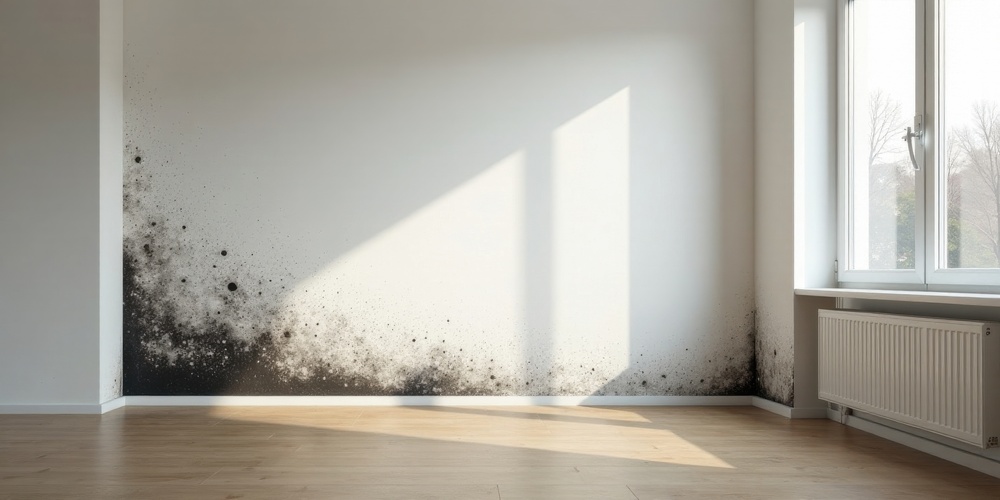
How to Prevent Mold in a Utah Home After Plumbing Repairs
September 11, 2025
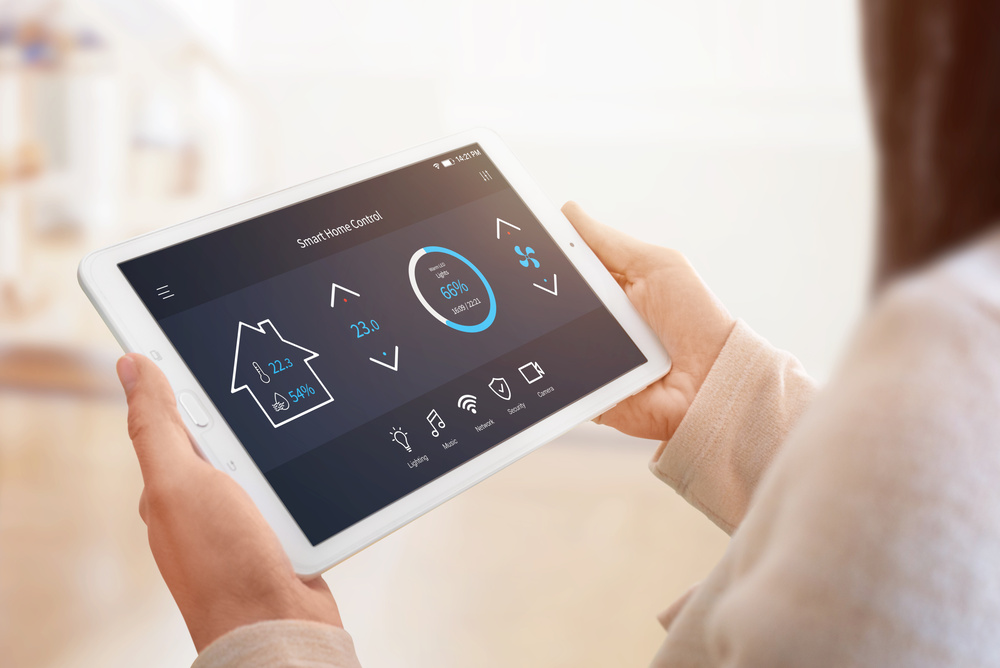
A Utah Homeowners’ Guide to Smart Thermostats
September 10, 2025
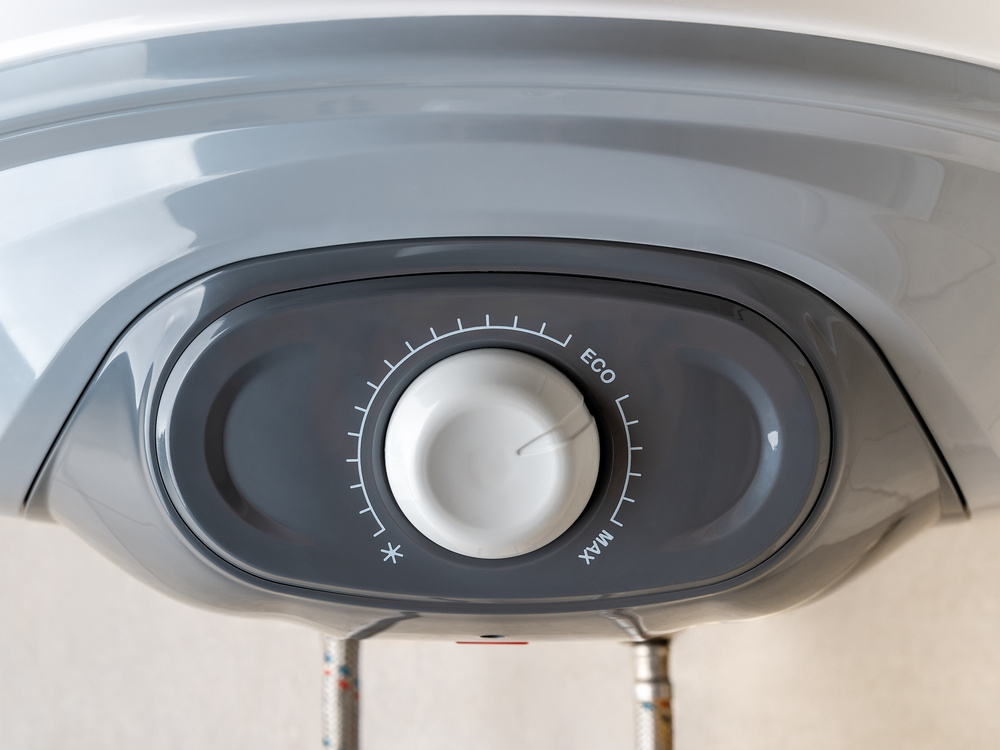
My Water Heater’s ECO Switch Keeps Tripping – What Does It Mean?
August 21, 2025

Calling a Contractor for HVAC Services Shouldn’t Be a Nightmare
August 20, 2025

7 Hidden Fittings That Make Your Plumbing Work
July 21, 2025
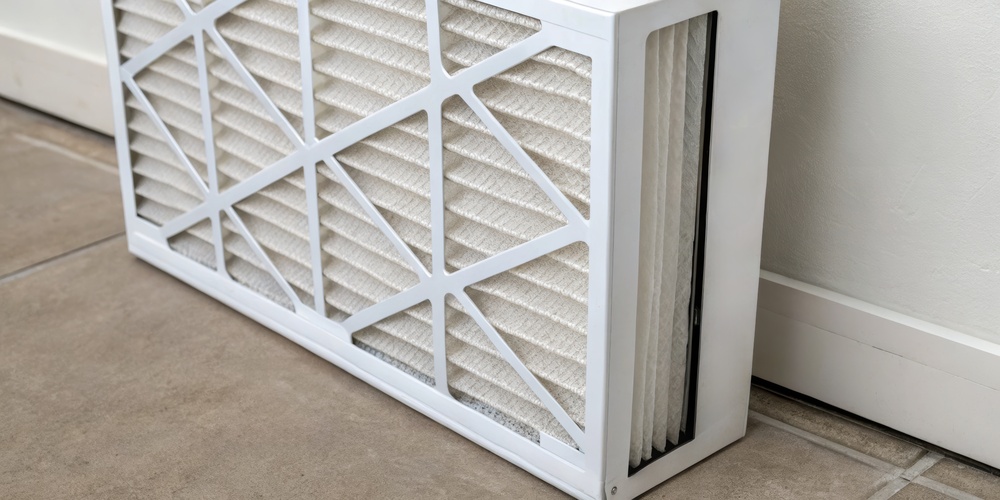
Never Underestimate the Value of Your Furnace and AC Filter
June 25, 2025
